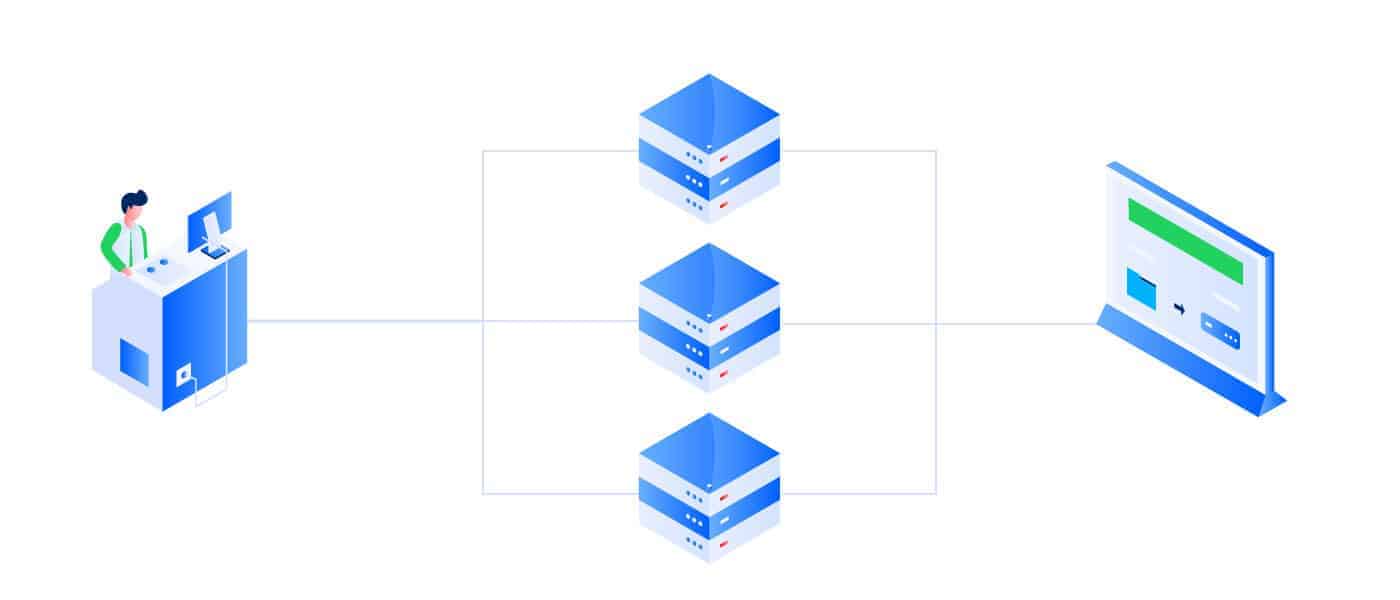Role Of Fuel Tank Monitoring System For Improving Planning & Route Optimization

Data-based and strategic route planning can help you make a big difference in your fleet’s fuel consumption. A fuel management system can work together with other data sets to help you create the most efficient routes for your fleet. Find out how a fuel tank monitoring system can help you with improved planning and route optimization.
How Route Optimization Improves Fuel Efficiency?
When you use fuel management systems integrated with GPS technologies, you can ensure that fuel and other resources are efficiently used on the most optimal routes. There are many benefits of following such an approach, including:
- Reduced Travel Distances: Fleet managers can plan for the most efficient routes for their vehicles. This can help you reduce your odometer readings, resulting in lower fuel expenses.
- Avoiding Traffic Congestion: Such a system works in conjunction with real-time traffic data to help your drivers avoid blocked or busy routes.
Such a fuel management system creates an opportunity for fleet managers to optimize fuel usage by leveraging route planning. Besides simplifying fuel management, it helps provide you with greater financial benefits.
Efficient Route Planning
When you integrate a reliable fuel monitoring system into your fleet management system, route planning can become a breeze. Such a system features advanced fuel level sensors, peripheral devices, data analytics, and communication systems to enable an effective fuel tank monitoring system. The following components work together to provide a clearer picture of fuel management, leading to improved fleet operations:
- Fuel Level Sensors: The latest fuel level sensors record accurate fuel levels in vehicle tanks and transmit the information to the fleet management system. It is important to choose the right type of sensor for better data retrieval and sending.
- Fuel Flow Meters: Fuel flow meters are typically installed as part of the fuel system to measure the flow of fuel in the tank. This helps determine fuel consumption in real-time.
- GPS Tracking: Advanced fuel level sensors can connect to powerful GPS trackers to gather fuel level data and transmit it reliably and in a timely manner. GPS trackers can also provide real-time information on the location of your vehicles.
- Central Monitoring: Your fleet management system can analyze the data received through the GPS system and produce intuitive reports. The latest fuel monitoring systems feature advanced algorithms for identifying issues such as fuel wastage and pilferage and reporting to fleet managers.
The GPS component in this system can help identify the perfect routes for saving time and fuel and reducing operational expenses. Proper route planning can further help ensure timely deliveries and achieve greater customer satisfaction.
Improving Fuel Efficiency with Route Planning
Strategic route planning can work as an important factor in improving fuel efficiency. Apart from the fuel level sensor, GPS-based tracking systems take traffic patterns into account. When all the data is analyzed, your drivers can follow routes that offer the highest level of efficiency.
Such a fuel monitoring system can provide you with all the data required for making more informed decisions. They can help you lay your operation’s long-term strategies. It can help you manage your fleet better while keeping your fuel expenses within control. When it comes to fleet management, fuel costs are a big part of the budget. Additional benefits include fuel theft prevention and environmental compliance.
Conclusion
Achieving optimal fuel efficiency is a great way to ensure growth for businesses managing a fleet of vehicles. Besides ensuring route optimization with the help of tracking technologies, it is important to improve your drivers’ driving habits to achieve optimal results. Additionally, the use of such technologies also simplifies the process of meeting compliance standards for your business.









